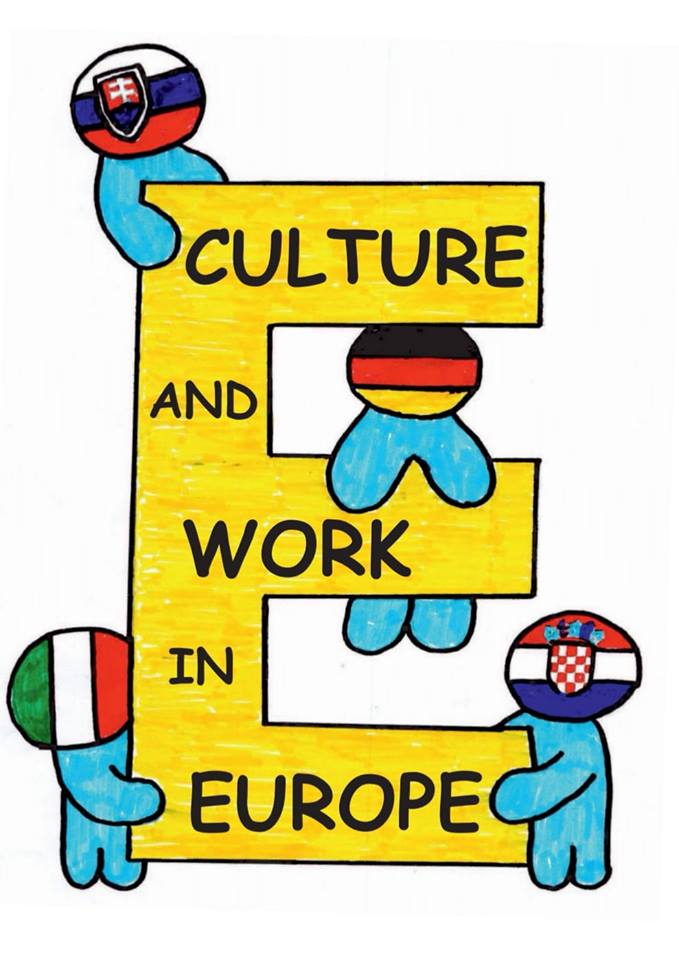Osnovna škola Julija Kempfa Požega


| « Veljača 2025 » | ||||||
| Po | Ut | Sr | Če | Pe | Su | Ne |
| 27 | 28 | 29 | 30 | 31 | 1 | 2 |
| 3 | 4 | 5 | 6 | 7 | 8 | 9 |
| 10 | 11 | 12 | 13 | 14 | 15 | 16 |
| 17 | 18 | 19 | 20 | 21 | 22 | 23 |
| 24 | 25 | 26 | 27 | 28 | 1 | 2 |
| 3 | 4 | 5 | 6 | 7 | 8 | 9 |
OŠ JULIJA KEMPFA
Dr. Franje Tuđmana 2, 34000 Požega
OIB: 66604281111
Matični broj: 3351092
E-mail: skola@os-jkempfa-pozega.skole.hr
Telefon: 034 273 799
Fax: 034 312 826
LOKALI:
511 – Tajnica
512 – Ravnateljica (272 046)
513 – Zbornica
514 – Pedagog
515 – Računovodstvo
516 – Knjižnica
517 – Kuhinja (272 015)
519 – Domar
520 – Defektolog
521 – Psiholog (312 827)








1. Istituto Comprensivo Giovanni XXIII, Statte, Italija
2. Berufskolleg Rheydt-Mülfort für Wirtschaft und Verwaltung, Mönchengladbach, Njemačka
3. Stredna priemyselna skola, Bzinska 11, Nove Mesto nad Vahom, Nové Mesto nad Váhom, Slovačaka
4. OŠ Julija Kempfa, Požega, Hrvatska
Presentation of the Project Erasmus+ Call2018: "Culture ad Work in Europe":
The goal of this project is the employment situation in Europe.
In the project, which is structured on two issues, 5 international meetings will be held, of which the first, in Italy (Statte, Puglia) for the training of teachers, he four others in the various partner countries, with the presence of students
In the near future, our students will have to face severe and substantial changes and the world of work.
To give young people the opportunity to get in touch with these changes and find a job after their school career, it is important to enable them to acquire international cultural skills and knowledge on the economic and working conditions of other European countries because they understand the importance of flexibility that requires the European work environment.
In this Erasmus + project students will be offered activities in the various schools of the partner countries: Croatia, Germany, Italy and Slovakia aimed at new learning strategies, in particular that of "learning by doing".
Moreover, due to the increasing phenomena of immigration and globalization, they will be strengthened:
• the practice of English and ICT;
• Interculturality, to promote knowledge and acceptance of other cultures
The outputs and outcomes of the project will be used for different purposes within the school communities and will be integrated into the normal curricula. They will be shared with all school members as good practice so that teachers, students and families become more motivated and more aware of what tolerance, interculture and European citizenship means.